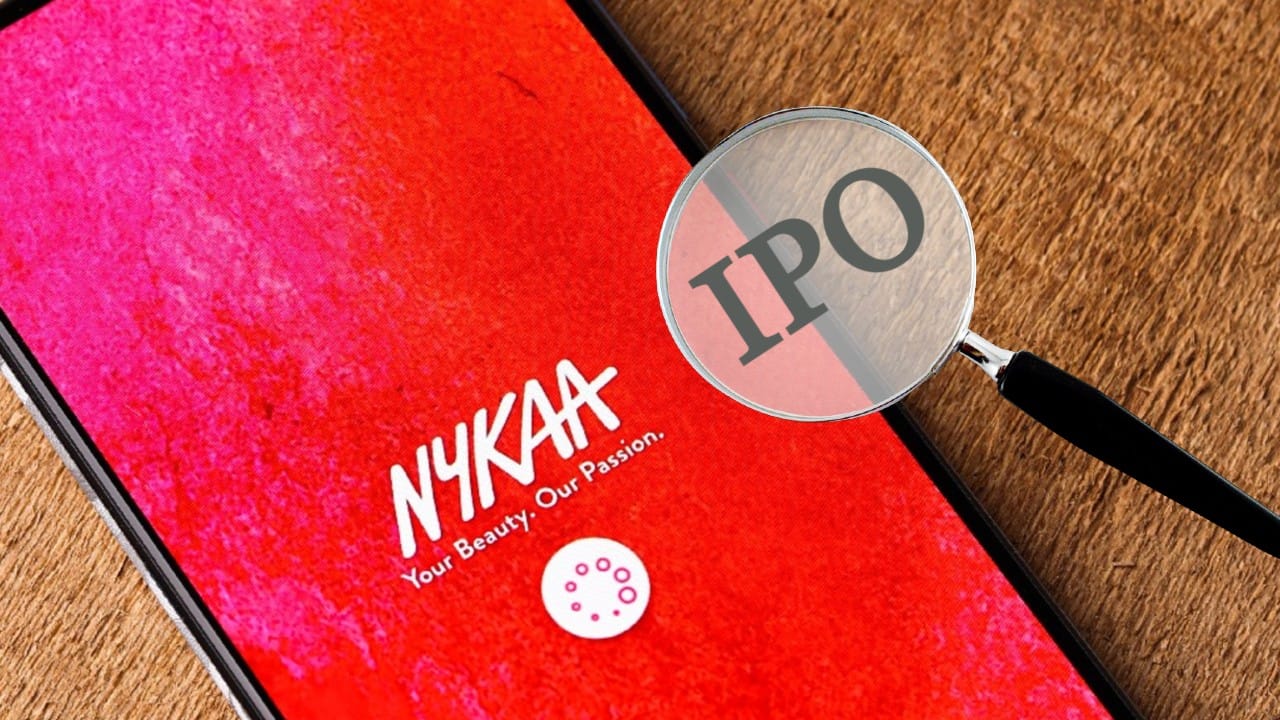Air India | Representative image
Jeffrey Goh, CEO of Star Alliance, the world’s largest grouping of airlines in terms of passengers carried, says it is good that the Air India (AI) disinvestment is finally through to “provide certainty for AI and also for its partners and, obviously, importantly the partners within the Star Alliance.”
Established in 1997, the association currently offers more than 19,000 daily flights to over 1,300 airports in 195 countries. It includes 26 global carriers such as AI, Lufthansa, United Airlines and Singapore Airlines.
In a conversation with Moneycontrol from the Star Alliance headquarters in Frankfurt, Goh added that AI going to the Tatas “will remove AI from any form of government involvement. It will provide AI with more autonomy in terms of investments in products and services.”
Tata Consultancy Services (TCS) accounts for the largest outgo globally for the group. “I hope this partnership that we have with TCS will also enable a swifter technology transformation and digital transformation at AI,” Goh said.
Goh has worn various hats including being the senior legal counsel, International Air Transport Association (IATA), and has also been a lecturer of law at the universities of Liverpool and Sheffield. He has been heading Star Alliance since 2017. Here are the edited excerpts:
What are your views on the AI divestment?
It is good to see that it has been brought to a conclusion to provide certainty for AI and also for its partners and, obviously, the partners within Star Alliance.
How will AI going to the Tatas help the alliance partners?
First, it will remove AI from any form of government involvement. Partnerships are going to be determined more on a commercial basis. It will provide AI with more autonomy in terms of investments in products and services that will bring in congruency for many of the products and services of our members within the alliance.
The divestment has also opened the door for investments, in a way, to bring many of AI’s products and services to an enhanced level.
So can Star Alliance members hope to find products in AI similar to what they find on other partners?
We will never find identical products and services or identical products and service levels but I think what this does, is give AI the opportunity to invest more in its products and services, to enhance them.
It will never be the same across the alliance. But what it does is give AI the autonomy to invest in enhancing its products and services.
What is lacking right now?
We are focused on improving the digital customer experience. For example, AI investing in its digital transformation, bringing in technology and getting its digital platforms enhanced.
There are also opportunities in terms of on-board experience that AI can invest in to upgrade its products whether it is hardware or software.
When AI was under the government, did you find any reluctance or red tape in getting the enhancements that you are expecting now?
I think as a publicly owned enterprise, AI counting on government funds and investments ran into competing interests and competing investments. Governments have other priorities and with those competing interests the case has to be very overwhelming and sometimes it is difficult to pour money into investing in a product upgrade, for instance.
Will you look at having a carrier other than AI from India as a member?
For better or for worse the COVID-19 crisis has set us back several steps. At the moment it is too early to determine not only in India but globally where we may think of expanding membership, because the coronavirus crisis has impacted the industry so much that our members are and have been recalibrating their fleet and networks.
Because of the changes that have taken place and are still taking place, it is too early to say now whether we would necessarily be looking for members in India or anywhere else to add to the network.
So there is a freeze on membership for some time to come?
I think we are, have been and will continue to be selective about who will be a member of the alliance. There is no timeline in terms of a freeze if tomorrow, next week or next month an airline was to approach us and was able to offer a value proposition from our analysis. We will certainly be interested in pursuing that conversation.
Has any airline from India approached the alliance?
We are in constant conversations not only in India but everywhere else. Some conversations progress to a second conversation, some conversations stop in their tracks. At this stage there is no specific airline in the second conversation in India and globally.
How is the alliance footprint in India in terms of sourcing of IT?
It is a matter of public record that TCS which is part of the Tata group is a strategic partner of the alliance.
Could that bring any spinoff benefits to the new AI now owned by the Tatas?
I hope there will be more synergies. I hope this partnership that we have with TCS will also enable a swifter technology transformation and digital transformation at AI. AI knows that we are always there to support it for a better customer experience and if our partnership with TCS can help generate those improvements, we are ready to support AI together with TCS.


































